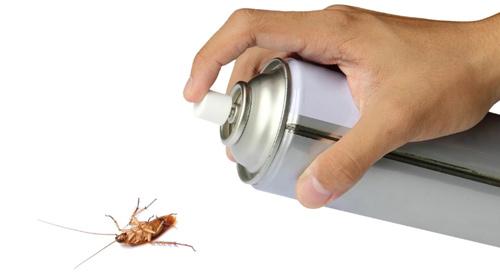You are here
Cockroaches evolving to point where they will be nearly impossible to kill
By New York Daily News (TNS) - Jul 04,2019 - Last updated at Jul 04,2019

Photo courtesy of rare.us
Cockroaches are being born impervious to bug sprays and it’s happening fast.
A Purdue University study found that the commonly found German species of roaches are being born with an immunity to toxins with which they haven’t yet been in contact. The shocking study, published on Live Science, concluded the evolution of the German cockroach, also called the Blattella germanica, develops an immunity to new poisons in as quickly as one generation of offspring.
“We didn’t have a clue that something like that could happen this fast,” study co-author Michael Scharf said. “Cockroaches developing resistance to multiple classes of insecticides at once will make controlling these pests almost impossible with chemicals alone.”
The study was conducted in various buildings in central Illinois and Indiana as well as at Purdue’s labs that had roach infestations. Researchers used various combinations of bug sprays and studied several generations of roaches to reach their conclusion.
German cockroaches, which reproduce quickly and scavenge among areas occupied by people, are described in the report as “the species that gives all other cockroaches a bad name”.
Stopping the super scavengers from spreading bacteria and disease in the future will depend on traps and vacuums more so than chemicals, the report suggests.
A female German cockroach can lay nearly 400 eggs in a lifetime, according to Orkin exterminators. They also note that despite having wings, this seemingly evolving breed of roach “very rarely flies”.
Related Articles
BERKELEY, California — At a University of California, Berkeley laboratory, engineers are building cockroach-like robots with a noble purpose
AMMAN — Purdue University, the Jordan University of Science and Technology (JUST), and the Council of Higher Education of Jordan have agreed
The steam and heat from volcanoes allowed species of plants and animals to survive past ice ages, a study showed Tuesday, offering help for scientists dealing with climate change.















